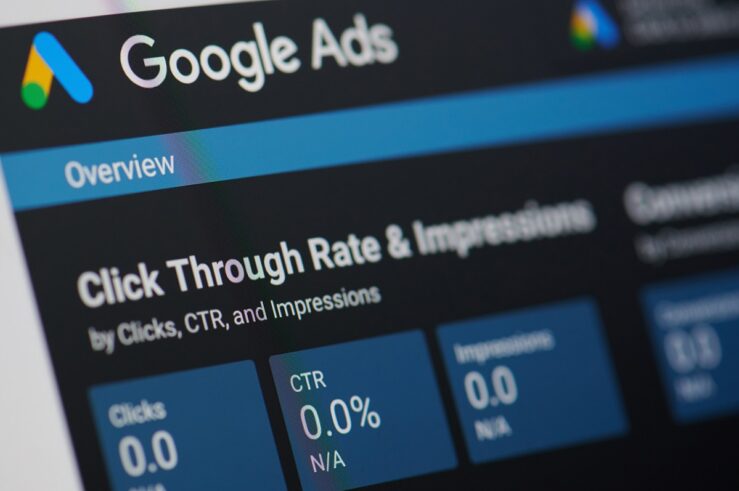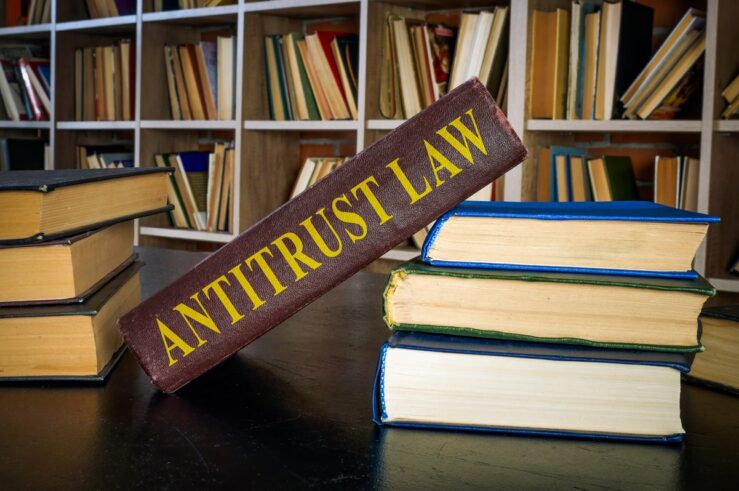Showing archive for: “Advertising”
Kids and Online Safety: An International End-of-Year Review
As the year comes to a close, it is worth reviewing how governments around the world—including at both the state and federal level in the United States—have approached online regulation to protect minors. I will review several of the major legislative and regulatory initiatives, with brief commentary on the tradeoffs involved in each approach. Age ... Kids and Online Safety: An International End-of-Year Review
The Law & Economics of the First Amendment: Curation, Targeted Advertising, and Access to Online Speech
We at the International Center for Law & Economics (ICLE) filed an amicus brief earlier this month to the U.S. District Court for the Northern District of California in the NetChoice v. Bonta case. It was an updated version of the brief we filed earlier this year before the 9th U.S. Circuit Court of Appeals. ... The Law & Economics of the First Amendment: Curation, Targeted Advertising, and Access to Online Speech
Weighing DOJ’s Proposed Remedies for Google’s Monopolization
The U.S. Justice Department (DOJ) has proposed remedies to a federal judge who held that Google illegally monopolized web search. In reviewing the DOJ’s recommendations, the judge should take into account the downsides of particular remedies, as well as their potential benefits. The judge should be careful not to impose remedies that could reduce innovation ... Weighing DOJ’s Proposed Remedies for Google’s Monopolization
Justice Department’s Google Adtech Antitrust Suit Does Not Add Up
The trial of the U.S. Justice Department’s (DOJ) “adtech” antitrust lawsuit against Google kicked off Sept. 9 in U.S. District Court in Alexandria, Virginia. In a nutshell, the DOJ (joined by 17 states) argues that Google illegally monopolized key digital-advertising technologies through a variety of anticompetitive tactics. But the DOJ will find it difficult to ... Justice Department’s Google Adtech Antitrust Suit Does Not Add Up
Some Thoughts on the Google Decision, for Those Who Haven’t ‘Binged’ It Yet
Readers of Truth on the Market are no doubt aware of Judge Amit Mehta’s Aug. 5 decision in the Google search antitrust case—that is, his 286-page memorandum and order finding Google liable for violating Section 2 of the Sherman Act (specifically, illegal monopoly maintenance in two markets: general search services and general text advertising). Comments ... Some Thoughts on the Google Decision, for Those Who Haven’t ‘Binged’ It Yet
The Cookie Plan Crumbles: Stuck in the Middle with Google
Google recently announced that it has changed its plans to phase out third-party cookies in the Chrome web browser. The company had previously planned to disable third-party cookies in Chrome, a change supported by many in the privacy-stakeholder community, but which was met with criticism from the adtech industry and competition lawyers. Google’s new plans ... The Cookie Plan Crumbles: Stuck in the Middle with Google
No Kids Allowed: KOSA/COPPA 2.0 Will Encourage the Exclusion of Minors Online
An important lesson of economics is that policies intended to help a targeted group of people often end up harming them in unintended ways. For instance, economists have long argued that policies like rent control and minimum-wage laws actually tend to lead to shortages in housing and jobs, respectively. Similarly, despite having the stated intention ... No Kids Allowed: KOSA/COPPA 2.0 Will Encourage the Exclusion of Minors Online
The View from the United Kingdom: A TOTM Q&A with John Fingleton
What is the UK doing in the field of digital-market regulation, and what do you think it is achieving? There are probably four areas to consider. The first is that the UK’s jurisdiction on mergers increased with Brexit. The UK is not subject to the same turnover threshold as under European law, and this enables ... The View from the United Kingdom: A TOTM Q&A with John Fingleton
The Missing Element in the Google Case
Through laudable competition on the merits, Google achieved a usage share of nearly 90% in “general search services.” About a decade later, the government alleged that Google had maintained its dominant share through exclusionary practices violating Section 2 of the Sherman Antitrust Act. The case was tried in U.S. District Court in Washington, D.C. last ... The Missing Element in the Google Case
The Broken Promises of Europe’s Digital Regulation
If you live in Europe, you may have noticed issues with some familiar online services. From consent forms to reduced functionality and new fees, there is a sense that platforms like Amazon, Google, Meta, and Apple are changing the way they do business. Many of these changes are the result of a new European regulation ... The Broken Promises of Europe’s Digital Regulation
The View from Turkey: A TOTM Q&A with Kerem Cem Sanli
How did you come to be interested in the regulation of digital markets? I am a full-time professor in competition law at Bilgi University in Istanbul. I first became interested in the application of competition law in digital markets when a PhD student of mine, Cihan Dogan, wrote his PhD thesis on the topic in ... The View from Turkey: A TOTM Q&A with Kerem Cem Sanli
Shining the Light of Economics on the Google Case
The U.S. Justice Department has presented its evidence in the antitrust case alleging that Google unlawfully maintained a monopoly over “general search services” by “lock[ing] up distribution channels” through “exclusionary agreements” with makers and marketers of devices. Google’s agreements with Apple, for example, have made its search engine the default in Apple’s Safari browser. The ... Shining the Light of Economics on the Google Case
















